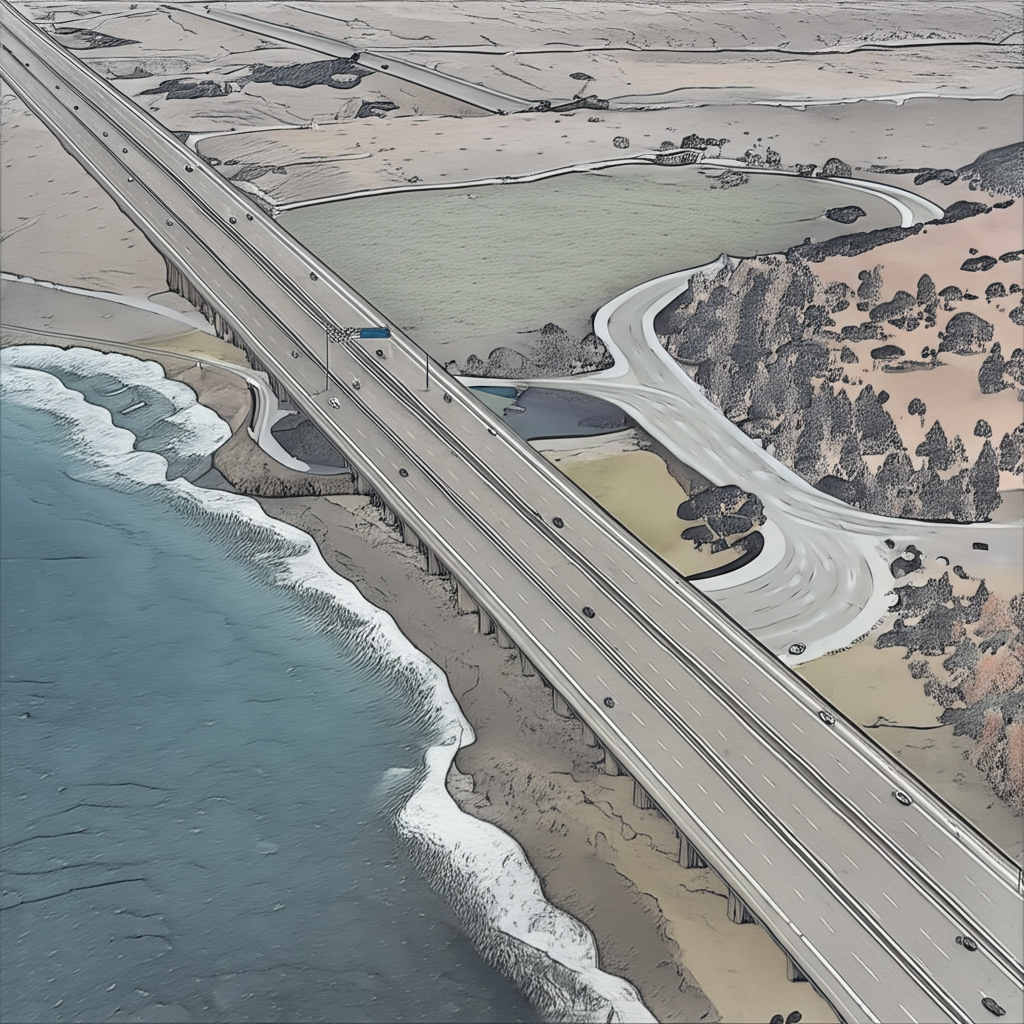Nigeria is facing a human rights crisis, with a staggering two million complaints filed in 2024 alone. The National Human Rights Commission (NHRC) has revealed this alarming figure, painting a grim picture of widespread violations across the nation. From police brutality to gender-based violence, countless Nigerians are suffering, and urgent action is needed to protect their fundamental rights.
- 2 million human rights violation complaints received by NHRC in 2024.
- NHRC calls for increased funding to address the growing crisis.
- Emphasis on protecting children’s rights to education and safety.
- Concerns raised about police brutality and gender-based violence.
A Nation in Crisis: Two Million Voices Can’t Be Ignored
The NHRC’s report is a wake-up call for Nigeria. Two million complaints represent not just a statistic, but two million individual stories of suffering and injustice. These are mothers denied healthcare, children forced into labor, and citizens silenced for speaking out. It’s a stark reminder of the urgent need for stronger protections and greater accountability.
What’s Behind the Numbers?
While the NHRC’s report doesn’t detail specific violations, it’s clear that a range of issues are plaguing Nigeria. These include police brutality, extrajudicial killings, gender-based violence, discrimination, and violations of the rights of children and marginalized communities. Corruption, poverty, and lack of access to justice further exacerbate the problem, creating a breeding ground for human rights abuses.
Children’s Rights: A Matter of National Importance
Dr. Salamatu Hussein, chairperson of the NHRC Governing Council, has stressed the importance of protecting children’s rights, particularly the right to education. With millions of Nigerian children out of school, ensuring their access to education is not just a matter of human rights but also a crucial step towards building a brighter future for the nation.
Education: The Key to Unlocking Nigeria’s Potential
Education empowers individuals, fosters critical thinking, and promotes social progress. By investing in education, Nigeria can break the cycle of poverty, reduce inequality, and create a more just and equitable society. It’s time for the government to prioritize education and ensure that every child has the opportunity to reach their full potential.
The NHRC’s Call to Action
The NHRC has appealed for increased funding from both the government and private institutions to effectively address the rising tide of human rights violations. They’ve also highlighted the vital role of media in raising awareness, holding perpetrators accountable, and advocating for justice.
Empowering Nigerians to Know Their Rights
The NHRC has established offices in all 36 states of Nigeria to make it easier for citizens to report violations. They encourage anyone whose rights have been violated to come forward and seek redress. Empowering Nigerians with knowledge of their rights is the first step towards creating a culture of respect and accountability.
What Can You Do?
The fight for human rights is a collective responsibility. Here’s how you can make a difference:
- Educate yourself about human rights.
- Report any violations you witness.
- Support organizations working to protect human rights.
- Speak out against injustice.
Together, we can build a Nigeria where the rights of every citizen are respected and protected.





